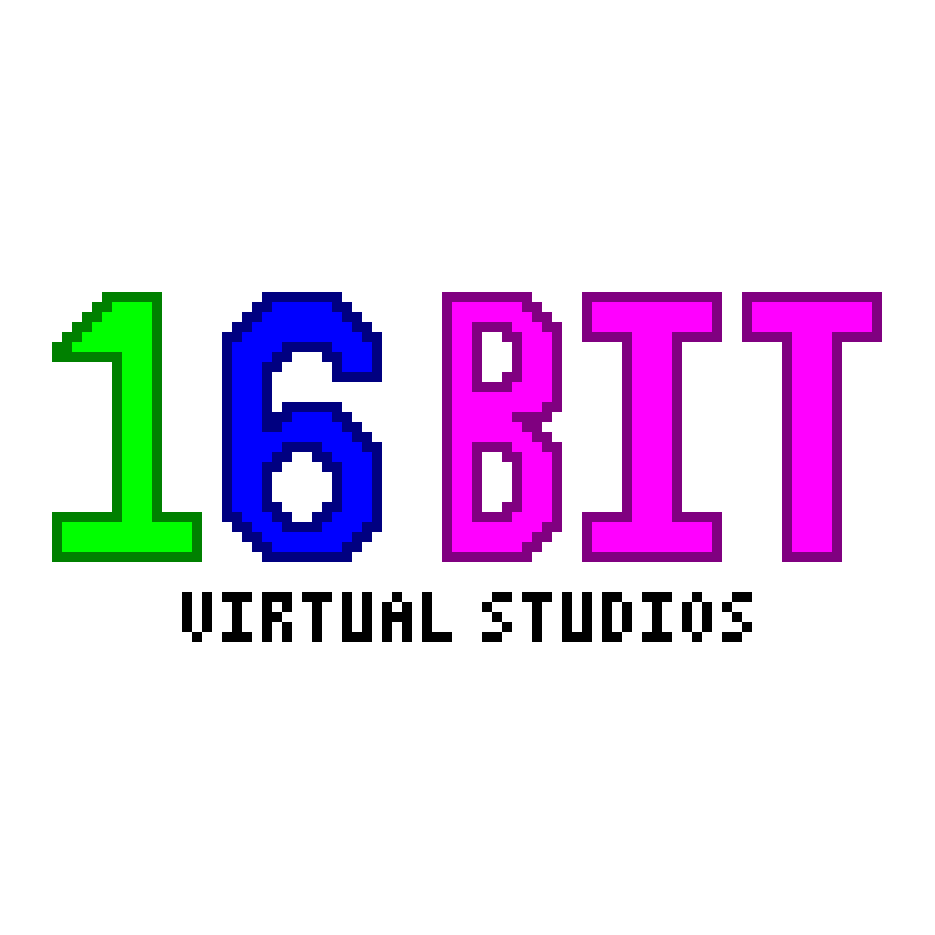I’m curious—what’s been your best interaction with Linux? Whether it’s a specific distro, a killer feature, or just a moment when Linux impressed you, I’d love to hear your stories!
Which Linux distro were you using?
What feature or aspect made the experience stand out?
Did it change the way you use Linux or tech in general?
Looking forward to your responses!
This has the feel of a marketing questionnaire. “Are you not ready to give a 5-star rating to Linux? Click here and we’ll get right back to you!”
Oddly enough, I’m struggling to think of a single experience or feature. The decisive benefit of Linux specifically and FOSS in general is something less tangible: it’s the feeling of empowerment and control you get. A computer of any kind is always something of a black box. Knowing that you have full control over it, even if you don’t understand everything, is revolutionary. I’m certainly not going back.
-
NixOS and its declarative approach irreversibly changed the way I think about system configuration and maintenance. Home manager and flakes are really important puzzle pieces in that as well.
-
The steam deck is an amazingly well thought-out Linux computer that just anybody can use intuitively.
-
From a UX standpoint, I love being able to remap keys on the system level with Interception Tools. (e.g. CapsLock is Esc if pressed and Ctrl if held on all my hardware for all users.)
ooh. plus one for steamdeck. should have mentioned it in my comments.
I still haven’t found any home manager feature I can use
Same!
-
Everything. Software, usability, customization, community, you name it. Using Linux has advanced and keeps advancing my computer literacy skills. This would have never happened if I kept using Windows. There’s also the “activist” angle. By using Linux and other FOSS software, I feel like I’m disengaging the worst parts of modern life and society and taking power away from the corpos even if it doesn’t have huge impact.
It makes me feel like I own my PC.
Bend to my will, silicon golem, for I am root!
After getting fed up with Windows I finally returned to Linux desktop as my daily driver. I have used Linux for servers and to keep old computers usable just a little longer, but I couldn’t make the switch because I used Adobe and played games.
So, with I finally had enough and switched to Fedora, arguably a boring distro, I was pleasantly surprised how well my games run on it. The killer feature is that it gets out of my way and it just works.
I owe Valve a lot of gratitude for putting all that work into making gaming work on Linux. I could not have switched without it. I hope the trend continues.
My story is a simple one.
I turned on my computer I logged in, did some work, played some games then I turned it off.
No one tried to murder me (force updates), or put me in a potato (notification ads), or feed me to birds (change my defaults). I had a pretty good life.
When I fully switched 2 years ago, I thought I’d try doing all my gaming in Linux and was really anxious wondering which and how many games I wouldn’t be able to play. Imagine my surprise when all of them ran. I haven’t found a single game I couldn’t get running. Hell, I even beat one I couldn’t get running in Windows! That being said there’s a bug preventing VR from working that I’m a little sad about. Apparently Steam only supports Ubuntu, I use Endeavour.
When I can just work on my thing and the OS is invisible
Boot times - I have an old and weak laptop, but it still works fine for some purposes. Boot times are so much shorter with Linux and I don’t sit around waiting anymore :)
Did my PhD on a like $500 Linux box 20something years ago. My lab was dysfunctional and I was a WFH pioneer of sorts.
deleted by creator
Back in 2010, when compiz effects were still a thing, all my windows were “wobbly” and burned down when closed.
This alone was enough reason for me to change my main OS to linux.
Edit: Added link to video
Oh man absolutely this…
For me it was a bit before, must have been 2005 or 2006… Managing to get the drivers working for the graphics card and finally getting Compiz to work and get all the funky window effects… But the best one had to be the cube desktop. Having 4 virtual desktops and turning them around was always awesome.
Perfect video, this shows all the gimmics that I loved. This cube felt so natural and easy to use, I really liked it.
It’s been my daily driver for 26 years. 40 years or so if you include Unix before.
Right now.
I’m running Dietpi (Which is pretty much a “tweaked” debian) on my orange pi 5 max and arch linux on my x86_64 pc. Both are bare metal installations, so the “killer feature” is, er… whatever I want, pretty much. I also have a orange pi zero 3 running dietpi serving me nextdns under docker… and another orange pi zero 3 serving as my “Theres a blackout going on in town and all I have to do is to play retropie” pc.
It took a while to set up.
First, I had an issue in China because of UDP QoS. The game I was playing worked, but eventually you get the connection dropped.
So I connected through Wireguard and used udp2raw to simulate a TCP connection. It worked, but eventually the IP would get banned because China bans VPNs.
So I used xtls xray to get around this, but in normal operation it wraps UDP into TCP. This means when a packet drops it gets retransmitted which causes lag in the game at the smallest amount of congestion (and China is super congested connecting outside the country)
So instead of using http 2 I upgraded to QUIC by routing through nginx. Then I could still use udp2raw since QUIC is UDP. To smooth out the packet loss I used udpspeeder. To route all packets in the client I used tproxy with iptables rules.
Now, the best part is I’m on NixOS and I used the NixOS packages and wrote it as systemd services.
If I copy my folder to another computer and update all of this software would start up and route to the correct ports/addresses automatically.
so impressive, i wish i understood everything you did! how would xtls xray make the IP not seem like a VPN? What do you mean upgraded from http 2 to QUIC through nginx? How did you use tproxy with iptables rules? This is really cool stuff and I wish I understood more about it. Did you study computer science formally or just learn this on your own?
Well, it can route from the server to cloudflare IPs, but that’s a server-side feature. The real improvement is that it looks like a website when you connect to it instead of looking like a VPN because it emulates HTTP
QUIC is http3, using UDP to get slightly better performance. Unfortunately, if you use it too much, your IP gets blocked in China. So I hide the fact I’m using UDP by rewriting the packets to look like TCP
The tproxy rules are here:
I have a BS degree in CS
I’m so impressed by this. I wish I had your level of skill! lol






